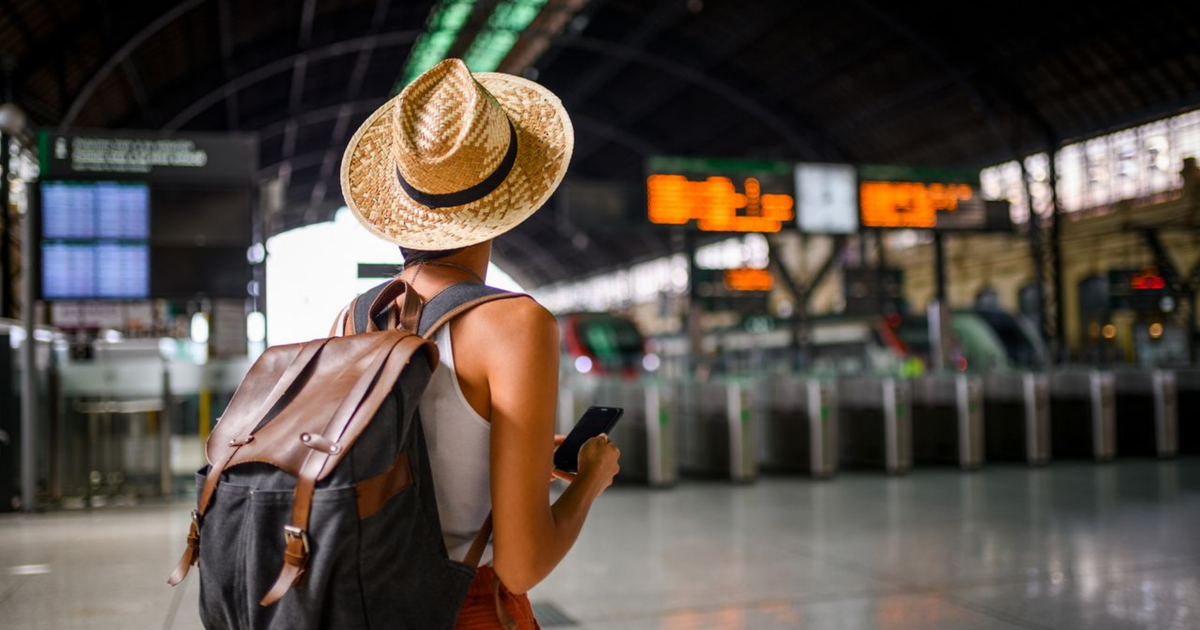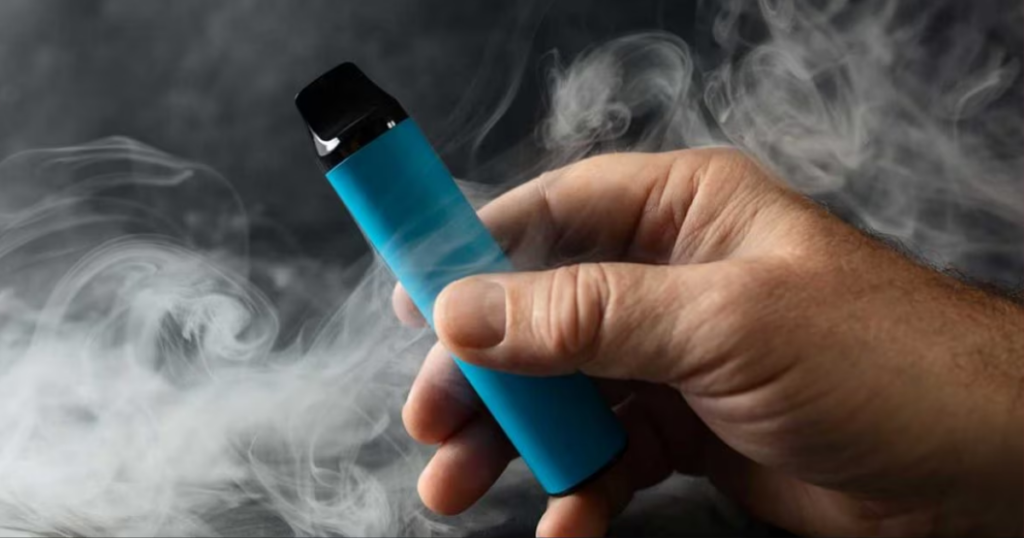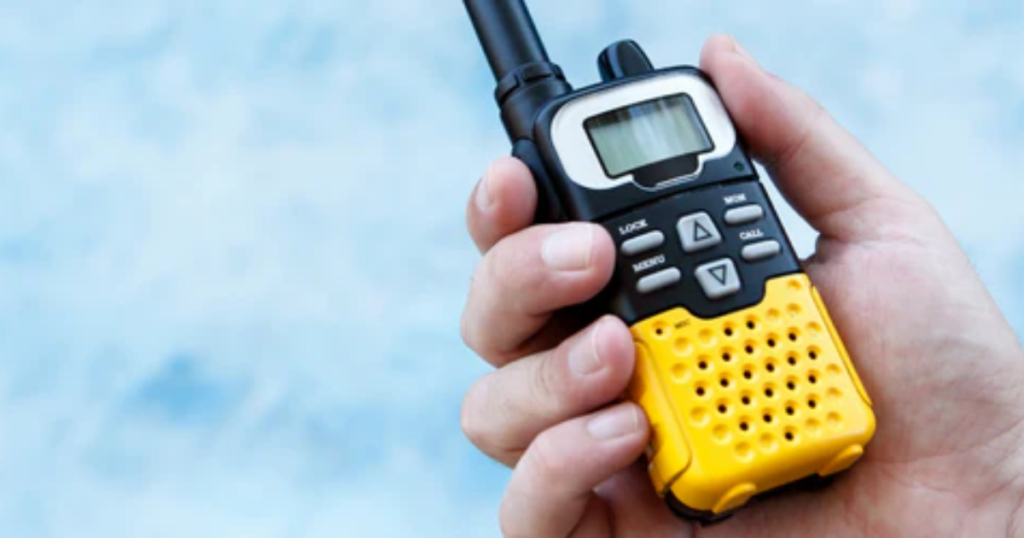
Traveling to different countries often requires careful packing, ensuring that prohibited items are not included in luggage. While most travelers are aware of restrictions on liquids over 100ml, sharp objects, or explosives, many are unaware of other surprising bans enforced around the world. In some cases, failing to comply with these regulations can lead to fines, delays, or even legal consequences.
Understanding these unexpected travel restrictions is essential to avoid unnecessary trouble. Several countries enforce strict bans on certain items, even if they seem harmless. Whether due to cultural, religious, security, or environmental reasons, these rules must be followed.
Alcohol is Prohibited in the Maldives
Tourists visiting the Maldives should be aware that bringing alcohol into the country is strictly forbidden. Despite alcohol being widely available at international resorts, customs officials confiscate any alcohol found in luggage.
The Maldives, being a Muslim-majority nation, imposes strict regulations on alcohol consumption. While resorts cater to international tourists with licensed alcohol sales, local islands do not permit alcohol at all. In addition to alcohol, firearms, pork products, and religious idols are also restricted. To avoid complications at customs, all prohibited items should be left behind before traveling.
Vaping Devices Are Banned in Thailand

Travelers who use e-cigarettes or vaping devices should take extra precautions when visiting Thailand. Since 2014, the Thai government has completely banned e-cigarettes, including all refill liquids and accessories.
The decision to ban vaping products was made for health reasons and to prevent young people from picking up smoking habits. Tourists must not assume that they are exempt from this rule, as strict penalties apply to anyone caught bringing, using, or selling e-cigarettes in the country. The consequences can range from confiscation of the devices to fines and, in some cases, imprisonment.
To avoid legal trouble, travelers should leave their vaping devices behind before boarding a flight to Thailand.
Drones Are Restricted in Morocco
Drones are widely used for photography and videography, but those traveling to Morocco should note that bringing drones into the country is prohibited. The ban has been in place since 2015, primarily due to security and privacy concerns.
Travelers found carrying drones without prior approval may face confiscation, fines, or other legal consequences. While permission may be granted for professional purposes, strict regulations limit drone use near military zones, government buildings, and airports.
For tourists hoping to capture aerial views of Morocco’s stunning landscapes, alternative methods such as hiring a licensed local photographer should be considered.
Walkie-Talkies Require a License in India

Although walkie-talkies are not completely banned in India, strict regulations apply. Under the Wireless Telegraphy Act, anyone wishing to use a walkie-talkie must obtain a license.
Travelers unaware of these regulations risk having their devices confiscated or facing legal repercussions. In some cases, fines or even jail time may be imposed on those using unlicensed communication equipment. While certain low-power models operate on public frequencies, their usage is still heavily restricted.
Before traveling to India, checking the local laws regarding radio communication devices is highly recommended.
Poppy Seeds Are Considered Illegal in Saudi Arabia
Poppy seeds, which are commonly used in baking, are strictly banned in Saudi Arabia. Even a small quantity found in luggage can result in arrest, detention, or heavy fines.
Saudi authorities enforce this rule rigorously, as poppy seeds are associated with narcotics production. Even if carried for personal culinary use, poppy seeds are still classified as contraband.
Travelers should be extremely cautious when packing food items, ensuring that no prohibited substances are included. In the worst-case scenario, possession of poppy seeds could lead to deportation or even imprisonment.
Police-Style Whistles Are Not Allowed in Guatemala
While weapons and explosives are expected to be banned, many are surprised to learn that whistles resembling police equipment are also prohibited in Guatemala.
Authorities have restricted the use of these whistles due to concerns about impersonation of police officers. In some cases, whistles have been used to create confusion or cause public disturbances.
Even though this rule may seem unusual, travelers should avoid carrying such items to prevent unnecessary problems at customs.
Plastic Bags Are Completely Banned in Rwanda
Plastic pollution is a global issue, and Rwanda has taken an aggressive stance against it. Since 2008, the country has completely banned non-biodegradable plastic bags.
All luggage is thoroughly checked upon arrival, and any plastic bags found are confiscated immediately. The ban applies to both locals and tourists, reinforcing the nation’s commitment to environmental sustainability.
Before traveling to Rwanda, passengers should switch to reusable bags to comply with the country’s strict environmental regulations.
Surprising Travel Bans to Know Before You Go
Many travelers assume that only dangerous or hazardous materials are restricted, but numerous unexpected items are also banned in different parts of the world. Alcohol in the Maldives, e-cigarettes in Thailand, and poppy seeds in Saudi Arabia are just a few examples of surprising travel restrictions.
To avoid trouble at the airport, checking the customs regulations of the destination country is highly recommended. The penalties for carrying prohibited items can range from fines and confiscation to serious legal consequences. By staying informed and packing smartly, travelers can ensure a smooth and hassle-free journey.



